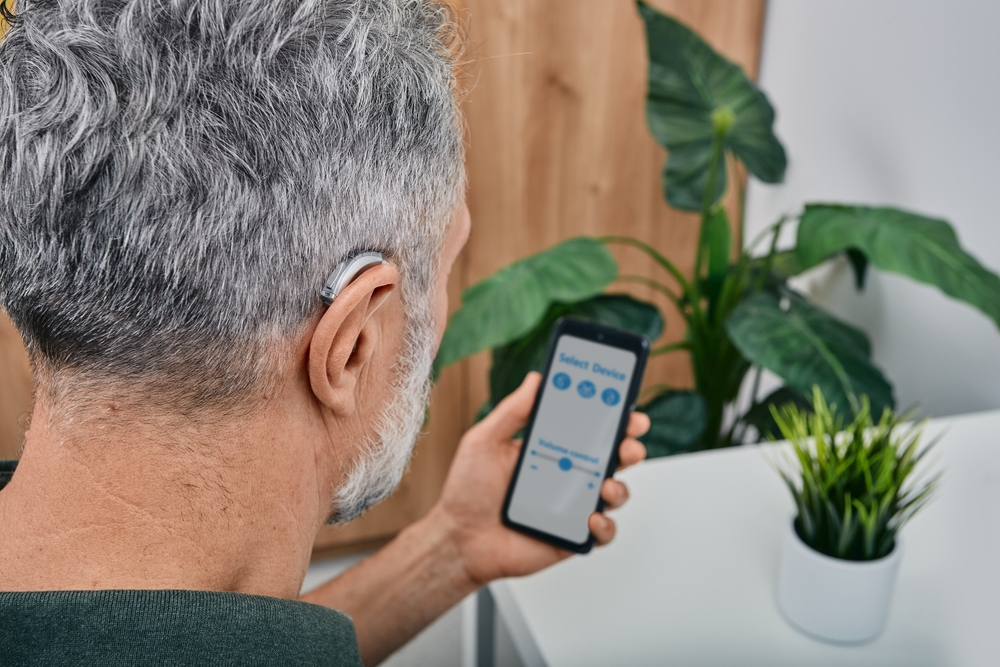
Socializing with friends and family and communicating with co-workers can be negatively influenced by even mild hearing loss, and this also includes day-to-day tasks like shopping. But transformative changes can be brought about by the use of correctly tuned hearing aids.
Ten reasons why you should think about hearing aids
Although improving hearing is the obvious and primary benefit of hearing aids, their positive effect goes way beyond that. The following will thoroughly outline those advantages.
Improved relationships and communication
Clear communication is the foundation of meaningful relationships. Relationships can be strained when hearing loss leads to missed communication. Hearing aids enable you to participate fully in conversations, enhancing your ability to connect with others and decreasing feelings of isolation or disappointment.
Enhanced independence
Untreated hearing loss results in obstacles in communication causing activities like going shopping to become difficult. Hearing aids empower you to navigate these situations independently by increasing your ability to hear and understand speech in a variety of environments. Having a greater sense of independence will help you do things that require improved situational awareness such as driving, for instance.
Possibility of making more money
Reliable communication is key when you’re dealing with professional situations. Neglected hearing loss can impede your ability to participate in meetings or discussions fully, potentially influencing job performance and career development. You can boost your productivity, which can, in turn, bring about career opportunities, by using hearing aids to stay more alert and engaged.
Reduced tinnitus symptoms
Tinnitus, characterized by ringing in the ear, commonly accompanies hearing loss. Many people find that using hearing aids helps mask tinnitus sounds, providing relief and improving overall comfort.
Mitigated cognitive decline
Some studies have revealed a link between neglected hearing loss and cognitive decline, including dementia. By addressing hearing loss with hearing aids, you might decrease the risk of cognitive impairment and maintain better overall brain health.
The pleasure of music
Hearing loss can distort the perception of music, making it less pleasurable. The fullness and richness of musical sounds can be restored by hearing aids which fill in the gaps in frequency so you can enjoy your favorite songs again.
Increased confidence
Whether you’re in a social or professional setting, being able to hear better will give you more confidence. Your general quality of life will be enhanced and you will feel more capable when you can communicate better.
Having more energy
Neglected hearing loss pushes the brain to work overtime to fill in missing sound which can be mentally exhausting. With hearing aids, you won’t feel so tired and will be able to participate in all of those activities that you enjoy.
Awareness and safety can be improved
Awareness of one’s surroundings is crucial for safety, whether it’s crossing the street or driving a car. Hearing aids restore environmental sounds, like approaching vehicles or alarms, ensuring that you can respond properly and safely.
Setting a positive example
Choosing to wear hearing aids displays a practical approach to health and well-being, establishing a positive example for others facing similar challenges. It reflects a commitment to personal growth and improvement, inspiring those around you.
Get your hearing checked today
Hearing aids are primarily created to help you hear better, but numerous other facets of your life can be significantly impacted too. Whether it’s nurturing stronger relationships, increasing independence, or protecting mental health, the decision to wear hearing aids is a step towards a more rewarding and engaged life.
Take the first step towards hearing better today by scheduling a hearing evaluation with us.